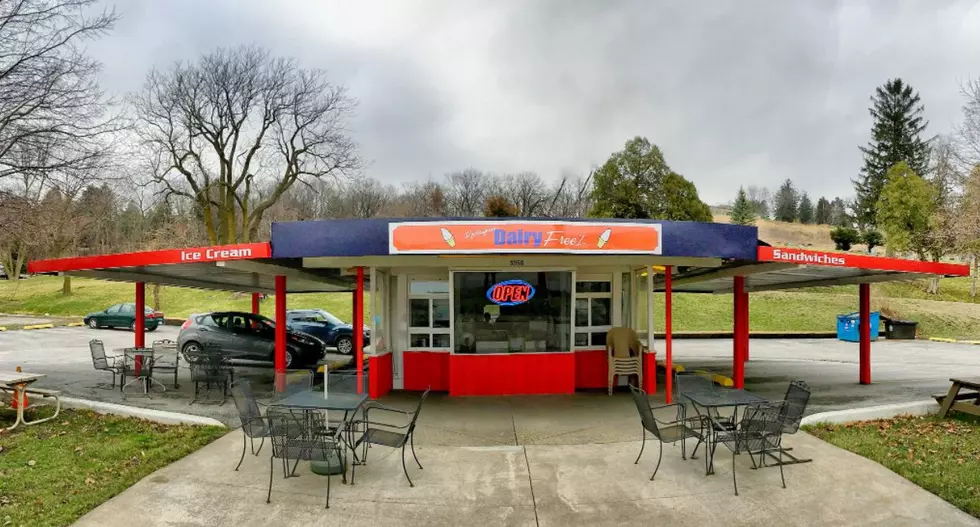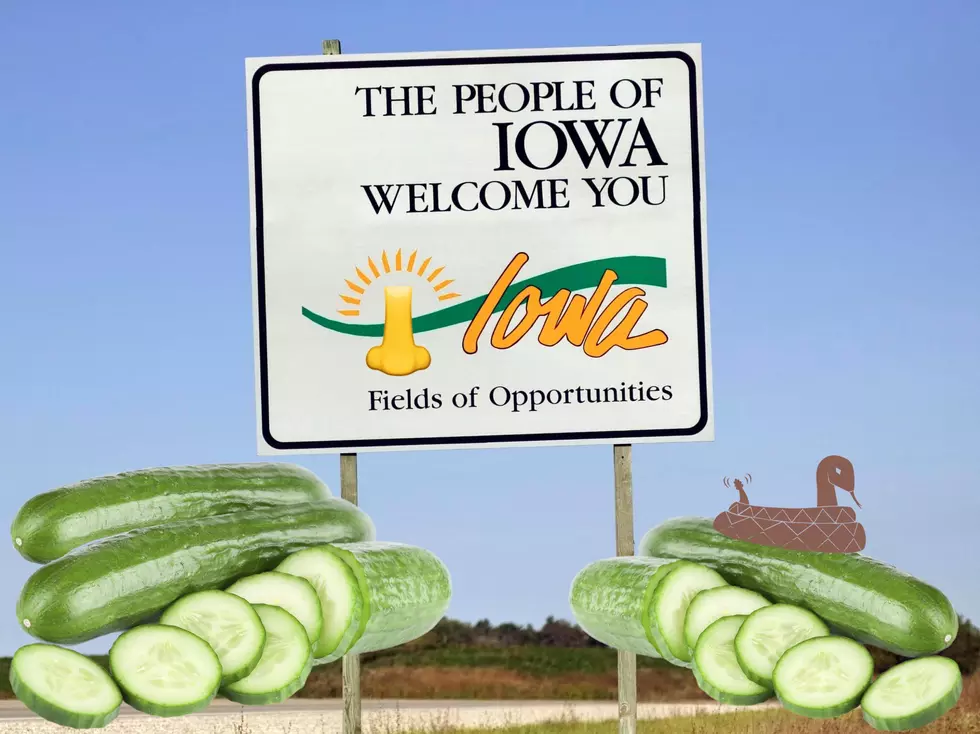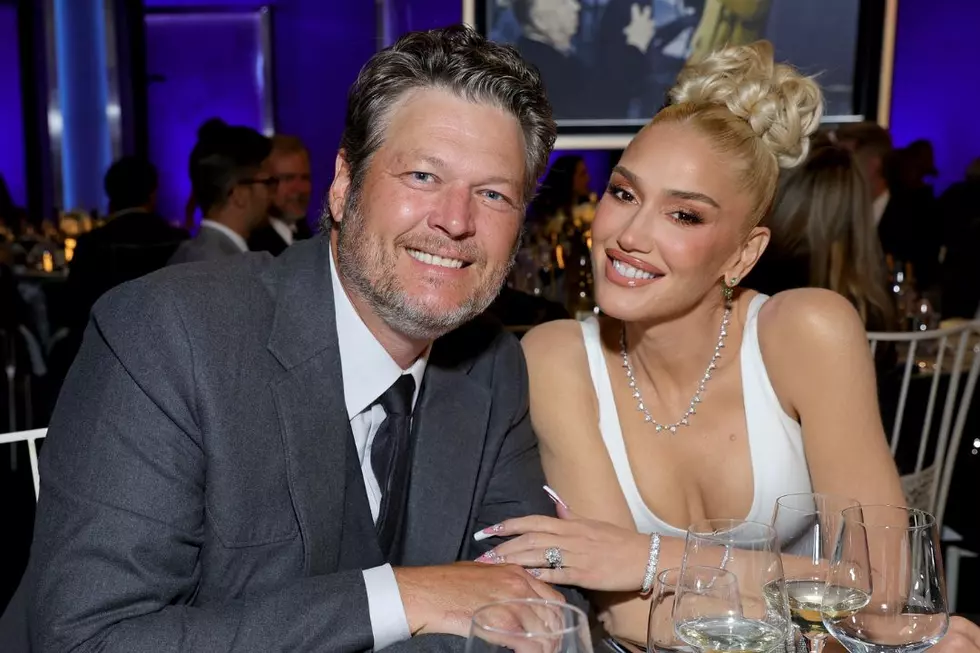Loretta Lynn Dead at 90
Country music has lost one of its most iconic and timeless singers, songwriters and performers. Loretta Lynn has died at the age of 90.
Nashville television news station WKRN was the first to report the news, saying Lynn died at her home in Hurricane Mills, Tenn., on Tuesday morning (Oct. 4). The family has issued a statement:
Our precious mom, Loretta Lynn, passed away peacefully this morning, October 4th, in her sleep at home in her beloved ranch in Hurricane Mills.
Lynn was born Loretta Webb on April 13, 1932, in Butcher Hollow, Ky., the second of eight children born to a coal miner father and his stay-at-home wife. Her larger-than-life story is among the best-known in country music history; raised in poverty in a cabin in rural Kentucky, she married Oliver "Doolittle" Lynn in 1948, when she was just 15 years old, and moved with him to a logging community in Washington State a year later, when she was already pregnant with the first of their six children.
In 1953 he gave Lynn her first guitar, and she began playing gigs locally and regionally with a band called Loretta and the Trailblazers. She cut her first record, "I'm a Honky Tonk Girl," in 1960, after winning a talent competition hosted by Buck Owens. That allowed her and her family to move to Nashville, where she began releasing a string of successful honk tonk singles and appeared on the Grand Ole Opry, becoming a member in 1962.
See Photos of Loretta Lynn Through the Years
With the release of "Dear Uncle Sam," which cracked the Top 10 in 1966, Lynn became one of a tiny handful of female country artists to write their own hits, and the foremost female voice of her generation, unafraid to address a subject matter about being widowed by the war in Vietnam. Her sound changed thereafter, bringing in wider influences, while her lyrics were more and more personal, with feisty feminist songs including "You Ain't Woman Enough," "Fist City," "Rated X" and "The Pill."
Many of Lynn's songs were inspired directly or indirectly by her stormy marriage, which was punctuated her husband's alcoholism, repeated infidelity and even domestic violence, as she chronicled in subsequent memoirs. But the defining song of her career, 1970's "Coal Miner's Daughter," took a fond look back at her childhood in Butcher Hollow. Lynn titled her 1976 autobiography after that song, and the book subsequently became a major motion picture in 1980, winning Sissy Spacek an Academy Award for her uncanny portrayal of Lynn.
Lynn also partnered with Conway Twitty for a string of duet hits, including "Louisiana Woman, Mississippi Man" and "After the Fire Is Gone." She maintained a steady streak of hits until the 1980s, when a more pop-flavored sound began to dominate country radio, and in the 1990s she began to cut back on live appearances due to her health and that of her husband, who passed away in 1996. In later years she opened their ranch in Hurricane Mills, Tenn., to the public, making it into a top tourist attraction, and she continued to perform regularly.
In 2004 Lynn enjoyed a huge and seemingly unlikely career resurgence with Van Lear Rose, an album on which she collaborated with producer Jack White of the White Stripes. The album won a Grammy for Best Country Album. That led to another period of inactivity in recording, but in 2014 Lynn announced a new multi-album deal with Legacy Recordings. She released the first album under that deal, Full Circle, in March of 2016, earning her highest-ever chart debut.
Lynn was the most-awarded female country artist of all time. She was inducted into the Nashville Songwriters Hall of Fame in 1983, the Country Music Hall of Fame in 1988, and the Songwriters Hall of Fame in 2008. In 2013 she visited the White House to receive the Presidential Medal of Freedom from President Barack Obama, the highest honor the United States of America can give to a private citizen.
An announcement regarding a memorial is forthcoming.
In Memoriam: Country Stars Who Have Died in 2022
PICTURES: Look Inside Loretta Lynn's Luxurious Nashville Home
More From US 104.9







![Luke Bryan Lays With the Dogs After a Weekend of ‘Too Much Fun’ [Picture]](http://townsquare.media/site/204/files/2022/10/attachment-LukeBryan-12.jpg?w=980&q=75)


